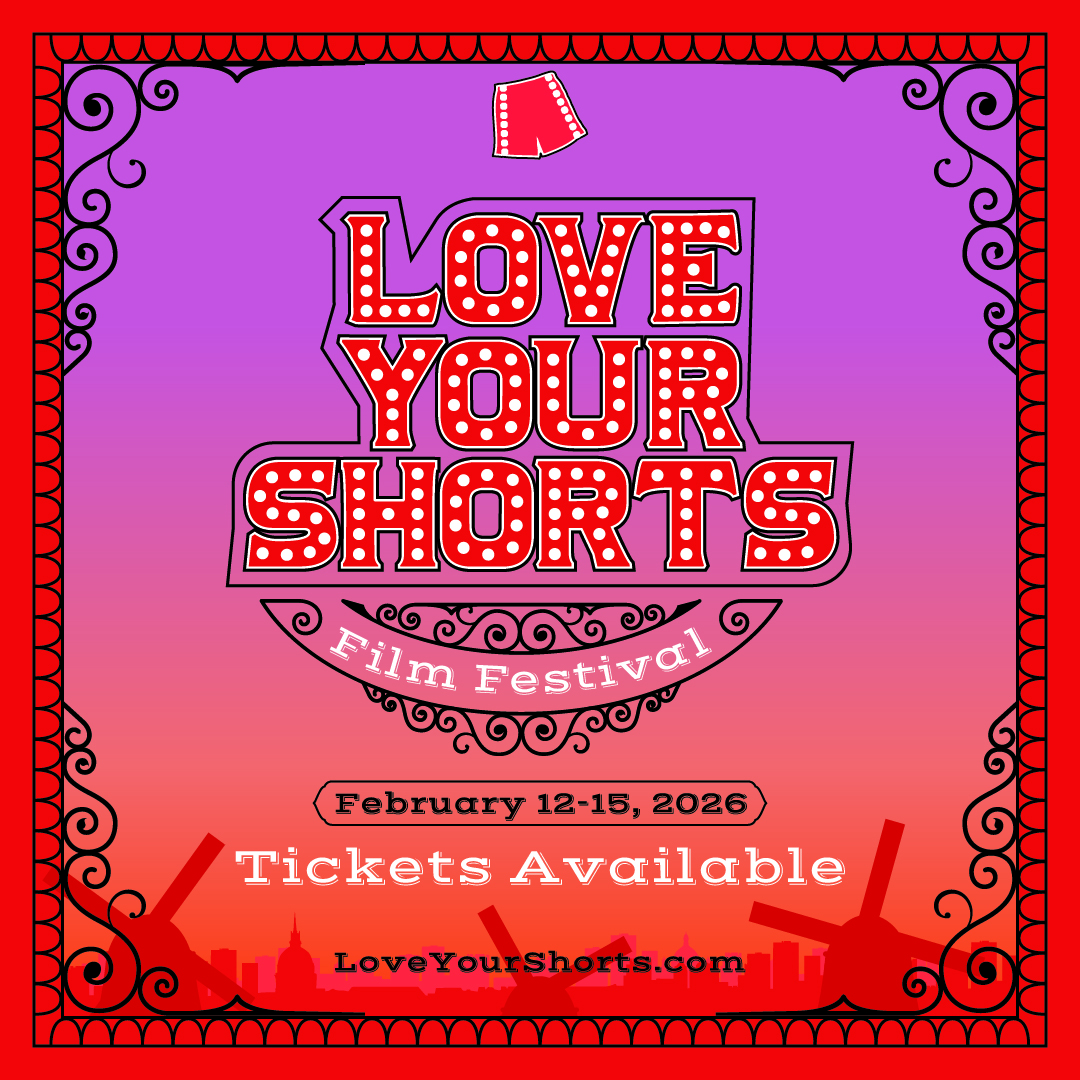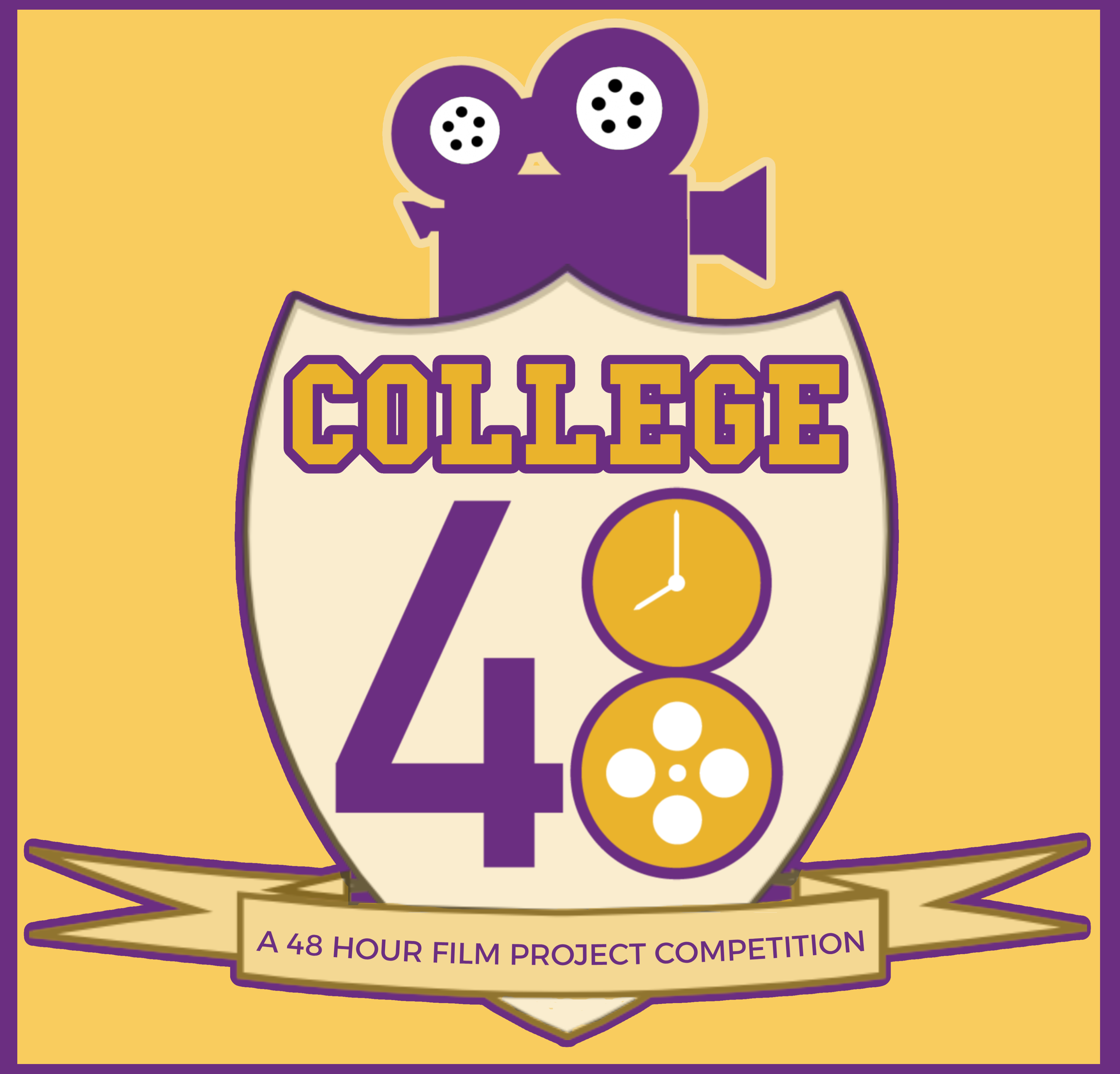Jalisco 1
Listen to Jalisco 1, a 29-year-old man from Jalisco and Baja California, Mexico. Click or tap the triangle-shaped play button to hear the subject.
Both as a courtesy and to comply with copyright law, please remember to credit IDEA for direct or indirect use of samples. IDEA is a free resource; please consider supporting us.
BIOGRAPHICAL INFORMATION
AGE: 29
DATE OF BIRTH (DD/MM/YYYY): 1976
PLACE OF BIRTH: Bellflower, California, United States (but raised in Jalisco)
GENDER: male
ETHNICITY: Mexican
OCCUPATION: self employed
EDUCATION: The subject attended school in both Mexico (Baja California) and California.
AREA(S) OF RESIDENCE OUTSIDE REPRESENTATIVE REGION FOR LONGER THAN SIX MONTHS:
The subject was raised in Mexico but was living in Chino Hills, California, in the United States, at the time of this recording.
OTHER INFLUENCES ON SPEECH: N/A
The text used in our recordings of scripted speech can be found by clicking here.
RECORDED BY: Carlos Saldana (under supervision of David Nevell)
DATE OF RECORDING (DD/MM/YYYY): 11/2005
PHONETIC TRANSCRIPTION OF SCRIPTED SPEECH: N/A
TRANSCRIBED BY: N/A
DATE OF TRANSCRIPTION (DD/MM/YYYY): N/A
ORTHOGRAPHIC TRANSCRIPTION OF UNSCRIPTED SPEECH:
[Interviewer: Tell me about where you and your parents were born.] Uh, I was born here in the United States of America, but I grew up in, I grew up in Mexico. I studied elementary school here and in Mexico. My father is from Guadalajara, Jalisco; my mother is from Mexicali, Baja California, just right here over the border. [Interviewer: Can you tell me about something you feel strongly about?] Something I am passion about now that you mention is, you know, helping Latinos and Chicanos. I really appreciate the movement, the Chicano Movement; I like that. I think it’s very important, especially the youth, that they make that an important issue, that they can go over and help the community and give back to the community that gave them. Even though a lot of times it’s not as much as they would, you know, would of liked, but still returning that to back the community I think that that’s very important. I appreciate that from the students and also from the people, everybody who considers themselves Chicano and say that. I feel proud to say that also that I consider myself Chicano as well. I think that it would be nice if more Latinos would come together as other ethnic groups ha-, you know, really get together and they make things happen and help each other out and we, we lack sometimes that unity, that solidarity that other groups have and I would like to see that. For ourselves to grow and to get, to, to better ourselves as a community and also as a as a society. [Interviewer: What about Antonio Bandera’s (a Spaniard) voice in the movement and in Mexico?] He, when he goes to Mexico to film at least that’s what I heard when I was in Mexico that he does a lot for, uh, to help the people there and, you know, he’s he seems to like it. He considers himself a second a second citizen of Mexico, and I think the Mexicans appreciate it. I don’t know politically how much he really does, but I think it’s nice that he says it. He says it openly; it’s not, it’s not something that he keeps to himself so, even though whether it’s good or bad, it looks good and that makes the people feel good also, so that’s a good thing.TRANSCRIBED BY: Paul Meier
DATE OF TRANSCRIPTION (DD/MM/YYYY): 01/07/2006
PHONETIC TRANSCRIPTION OF UNSCRIPTED SPEECH: N/A
TRANSCRIBED BY: N/A
DATE OF TRANSCRIPTION (DD/MM/YYYY): N/A
SCHOLARLY COMMENTARY: N/A
COMMENTARY BY: N/A
DATE OF COMMENTARY (DD/MM/YYYY): N/A
The archive provides:
- Recordings of accent/dialect speakers from the region you select.
- Text of the speakers’ biographical details.
- Scholarly commentary and analysis in some cases.
- In most cases, an orthographic transcription of the speakers’ unscripted speech. In a small number of cases, you will also find a narrow phonetic transcription of the sample (see Phonetic Transcriptions for a complete list). The recordings average four minutes in length and feature both the reading of one of two standard passages, and some unscripted speech. The two passages are Comma Gets a Cure (currently our standard passage) and The Rainbow Passage (used in our earliest recordings).
For instructional materials or coaching in the accents and dialects represented here, please go to Other Dialect Services.
 IDEA: International Dialects of English Archive
IDEA: International Dialects of English Archive





